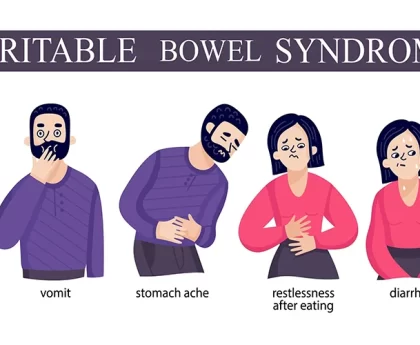Congratulations on your pregnancy!
Taking care of your health and safety during this special time is crucial. Here are some important tips for pregnant women:
- Regular prenatal care: Schedule and attend regular prenatal check-ups with your healthcare provider to monitor your health and the development of your baby.
- Eat a balanced diet: Consume a well-rounded diet that includes fruits, vegetables, whole grains, lean proteins, and dairy products. Stay hydrated by drinking plenty of water.
- Take prenatal vitamins: Supplement your diet with prenatal vitamins, including folic acid, iron, and calcium, as recommended by your healthcare provider.
- Avoid harmful substances: Stay away from alcohol, tobacco, and illicit drugs, as they can harm your baby’s development. Limit caffeine intake and avoid high-mercury fish.
- Exercise regularly: Engage in moderate-intensity exercises like walking, swimming, or prenatal yoga with your healthcare provider’s approval. Regular exercise can help improve your mood, strengthen your muscles, and prepare your body for childbirth.
- Get enough rest: Aim for 7-9 hours of sleep per night and take naps during the day if needed. Listen to your body and rest when you feel tired.
- Practice good hygiene: Wash your hands frequently with soap and water to prevent the spread of germs. Avoid close contact with individuals who have contagious illnesses.
- Be cautious with medications: Always consult your healthcare provider before taking any medication, including over-the-counter drugs, herbal remedies, or supplements.
- Stay hydrated: Drink plenty of water throughout the day to stay hydrated and help prevent common pregnancy discomforts like constipation and swelling.
- Practice proper body mechanics: Avoid heavy lifting or straining. When picking up objects, bend at the knees and lift with your legs rather than your back.
- Take precautions against infections: Wash fruits and vegetables thoroughly before consumption. Avoid consuming raw or undercooked meat, eggs, or seafood. Follow proper food handling and cooking practices.
- Wear comfortable clothing and shoes: Opt for loose-fitting, breathable clothing that doesn’t restrict your movements. Wear comfortable shoes that provide adequate support to prevent falls or injuries.
- Manage stress: Engage in stress-reducing activities such as meditation, deep breathing exercises, gentle stretches, or prenatal yoga to help manage stress levels.
- Travel safely: If you need to travel, consult your healthcare provider first. Follow safety guidelines, wear your seatbelt properly, and take breaks to stretch your legs during long journeys.
- Create a safe environment: Make sure your home is safe by removing potential hazards, such as loose rugs or wires. Install smoke detectors and carbon monoxide detectors if you haven’t already.
Remember, every pregnancy is unique, so it’s essential to consult your healthcare provider for personalized advice and to address any specific concerns you may have.

Here are some "do's" for pregnant women:
| Do eat a nutritious and balanced diet, including fruits, vegetables, whole grains, lean proteins, and dairy products. |
| Do stay hydrated by drinking plenty of water throughout the day. |
| Do take prenatal vitamins and supplements as recommended by your healthcare provider. |
| Do engage in regular, low-impact exercises approved by your healthcare provider, such as walking, swimming, or prenatal yoga. |
| Do get enough rest and aim for 7-9 hours of sleep per night. |
| Do practice good hygiene, including washing your hands frequently with soap and water. |
| Do attend regular prenatal check-ups and follow the advice of your healthcare provider. |
| Do manage stress through relaxation techniques, such as deep breathing exercises or meditation. |
| Do wear comfortable clothing and supportive shoes. |
| Do educate yourself about pregnancy, childbirth, and newborn care through reputable sources and childbirth education classes. |
Here are some "don'ts" for pregnant women
| Don't smoke or use tobacco products, as they can harm both you and your baby. |
| Don't consume alcohol during pregnancy, as it can lead to fetal alcohol spectrum disorders and other complications. |
| Don't use illicit drugs, as they can have serious negative effects on your baby's development. |
| Don't consume excessive amounts of caffeine. Limit your intake to 200 mg per day. |
| Don't engage in activities that pose a risk of injury or trauma, such as contact sports or high-impact exercises. |
| Don't use hot tubs, saunas, or take hot baths, as overheating can be harmful to the baby. |
| Don't use certain medications or herbal remedies without consulting your healthcare provider first. |
| Don't be exposed to harmful chemicals, such as cleaning agents or pesticides, without proper ventilation and protective measures. |
| Don't ignore any unusual symptoms or discomfort. Always consult your healthcare provider if you have concerns. |
| Don't neglect your mental health. Seek support if you experience mood changes, anxiety, or depression during pregnancy. |
Some more details about pregnancy (wikipedia)
If you don’t like this article/post please share your feedback.





